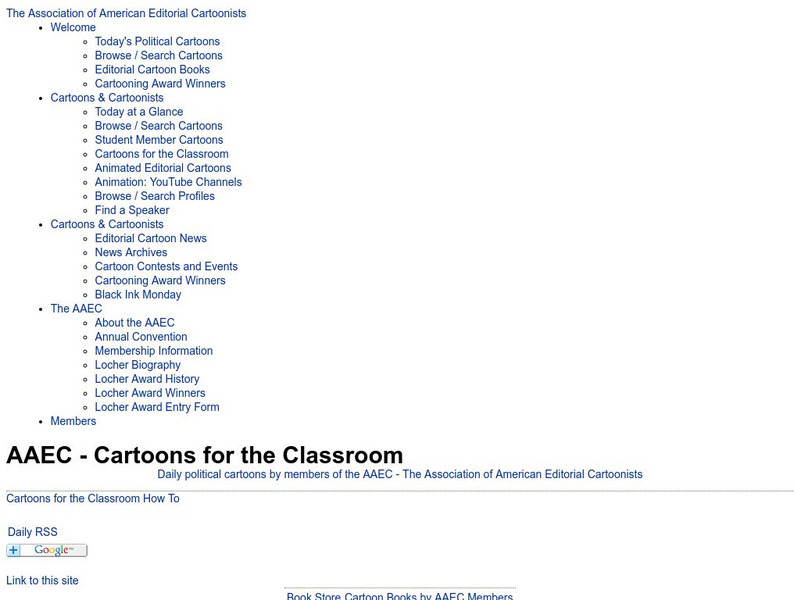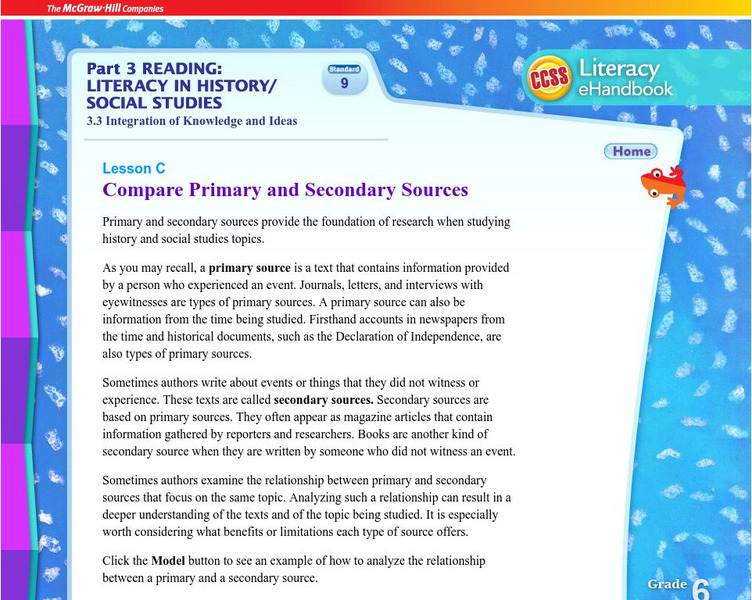Humanities Texas
Primary Source Worksheet: Abraham Lincoln, Letter to Horace Greeley
Through close analysis of a primary source document and discussion questions, learners gain great insight into how Abraham Lincoln viewed his duties as president of the United States, as well as his response to those who criticized...
Humanities Texas
Primary Source Worksheet: George Washington, Farewell Address
Invite your young historians to consider how the first president of the United States envisioned the future of the new nation with this primary source analysis worksheet on George Washington's Farewell Address.
Humanities Texas
Primary Source Worksheet: Letter from George Washington to the Cabinet
Analyze the significance of George Washington's letter to his cabinet in which he sets forth a tradition of neutrality in wartime for the United States.
Chicago Historical Society
Are We the People?
Taking on the roles of a fiery Boston patriot, a Philadelphia merchant's wife, and a prominent abolitionist, your young historians will consider the reactions of these early Americans to the creation of the Declaration of...
North Carolina Consortium for Middle East Studies
The French and Indian War: The War That Shaped America’s Destiny
How would a Frenchman, Englishman, and Native American have each viewed the French and Indian War? Your young historians will learn about their unique perspectives and the war as a whole through a role-playing activity,...
National Museum of the American Indian
Fritz Scholder: A Study Guide
In this engaging activity involving close analysis of abstract expressionist art, your class members will not only discover more about artist Friz Scholder's Native American art, but they will also have the opportunity to consider...
Curated OER
Claudette Colvin: Twice Toward Justice
Use the historical account of Claudette Colvin to study civil rights and connect past injustices to modern issues. As learners read, they examine chapter titles, record quotes, and participate in discussion. Next, they research...
Eastconn
Learning to Analyze Political Cartoons with Lincoln as a Case Study
Discover the five main elements political cartoonists use—symbolism, captioning and labels, analogy, irony, and exaggeration—to convey their point of view.
Curated OER
The poetry of the Assassination of Abraham Lincoln
After a study of the assassination of Abraham Lincoln and the impact his death had on the country and on Reconstruction policy, class groups analyze primary sources that recount the writer’s response to Lincoln’s death. As guided...
Newspapers in Education
Ni Eonline: Cartoons for the Classroom: Lessons Library
Newspapers in Education and the Association of American Editorial Cartoonists publish simple, inventive lesson plans and ideas for classes in editorial cartooning, caption writing, and news analysis. Lessons include "cartoon blanks" that...
Better Lesson
Better Lesson: Cities in Mesopotamia: Understanding a Complex Text
For this lesson, 6th graders use details from a nonfiction article to create a visual representation and then, from that visual, provide evidence that demonstrates their understanding of the text. Includes samples of student work and...
PBS
Pbs Learning Media: News and Media Literacy
This collection, which includes videos, blog articles, student handouts, lesson plans, and tip sheets for families, helps students identify, analyze, and investigate the news and information they get from online sources. Media literacy...
Microsoft
Microsoft: Map Reading in the 21st Century
Students learn how to make informed use of new digital mapping information and tools. Learners create hands-on learning experiences for understanding the relevance of maps. The lesson plan consists of student activities, resources,...
Education Development Center
Education Development Center: Tv411: Reading Structure of a News Story
Interactive lesson explains the content and organization of newspaper articles. Includes self-scoring exercises for practicing identifying the five W's (who, what, when, where, and why) in a series of brief news articles and a...
Education Development Center
Education Development Center: Tv411: Parts of a Newspaper
Students click through a lesson about the parts of a newspaper and answer questions about the types of articles found in each section, headlines, and captions that would go with photographs. Links to related videos are also provided.
Curated OER
Mc Graw Hill: Compare Primary and Secondary Sources
Learn how to analyze and compare the relationship between a primary and a secondary source.
ClassFlow
Class Flow: Note Taking for Social Studies
[Free Registration/Login Required] This flipchart covers how to read a historical text and convert information into visual representations by taking notes. This strategy helps students to read a passage and determine the author's purpose.

















